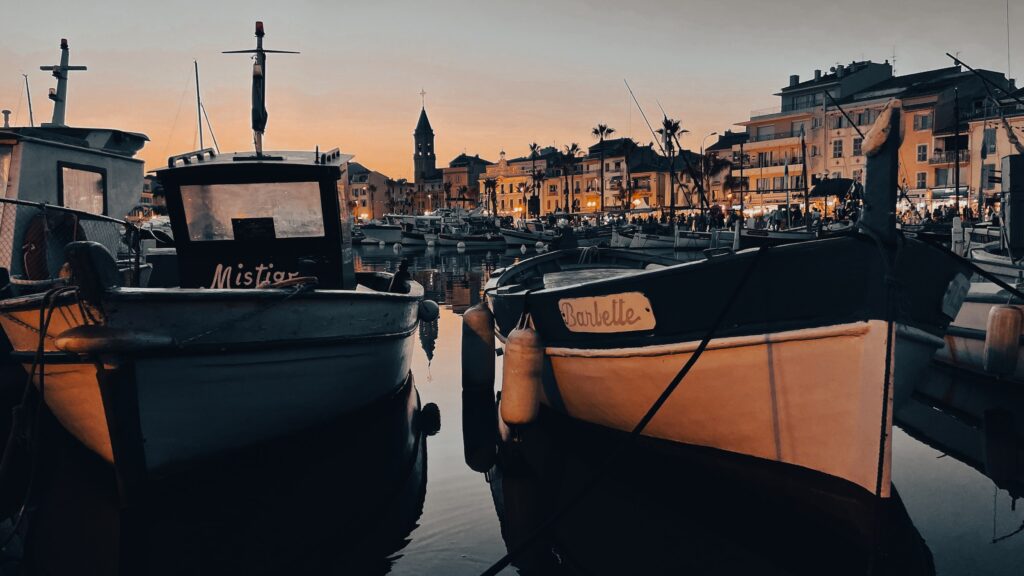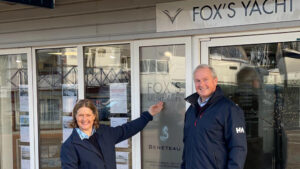Cruising Association to host webinar on how to cruise in France for up to six months

The Cruising Association is hosting a Zoom talk on 22 January, to assist UK nationals interested in applying for the VLS-T (Long Stay Temporary Visa) for France.
Following the UK’s departure from the EU, UK citizens are restricted to staying in the Schengen area for only 90 days within any 180-day period. Penalties for overstaying can include fines, deportation or entry bans. These bans range anywhere from a few months to several years.
However, UK citizens can apply for a VLS-T (Long Stay Temporary Visa) for France specifically, which extends the days that can be spent in France beyond the standard 90-day Schengen limit, granting permission to stay for up to six months.
Cruising Association member Judy Evans has researched the VLS-T application process and successfully obtained a visa. In this Zoom webinar, Evans will share her experience and guide attendees through the application process.
Evans and her husband, Bob Barker, keep their Linssen 35 Dutch steel cruiser in France. They moved to the European inland waterways in 2018, following over 35 years as cross-Channel sailors in their Nicholson 35.
Prior to Brexit (and covid) Evans and Barker say they were able to spend between 5-6 months each year cruising the French coast and faring the French canals. In order to enable a continuation of that lifestyle, the VLS-T visa seemed an ideal solution.
However, Evans says she found the application process complicated, time-consuming and expensive — and it has to be repeated, in full, every year.

Applying for the visa is additionally complex for boat owners. The French Consulate in London and TLS (the company charged with managing the process in the UK) have had to be ‘educated’ over the past three years into understanding and accepting that an address on board a boat is synonymous to that of a hotel or private family residence — particularly when that address is not necessarily stationary.
Evans explains that a visa refusal, due to a lack of understanding/acceptance of boats as valid residences, is costly and has to be appealed, involving more time, effort, and money — although she says the situation has certainly improved since 2021.
Following the lifting of most covid restrictions on travel, Evans first applied for a VLS-T visa in 2022. In navigating the visa application process over the past two years she has learnt how to manage it more smoothly.
Now into her third year of applying, Evans will use the Zoom webinar to highlight the quirks and complications of the application process, as well as share her hints and tips on how to make the experience less stressful.
Cruising Association webinar: ‘Applying for a VLS-T (Long Stay Temporary Visa for France)’
Date: 22 January 2024, 7pm (UTC)
Tickets: Free for CA members / £10 for non-members
Registration: Members and non-members can book online now.










